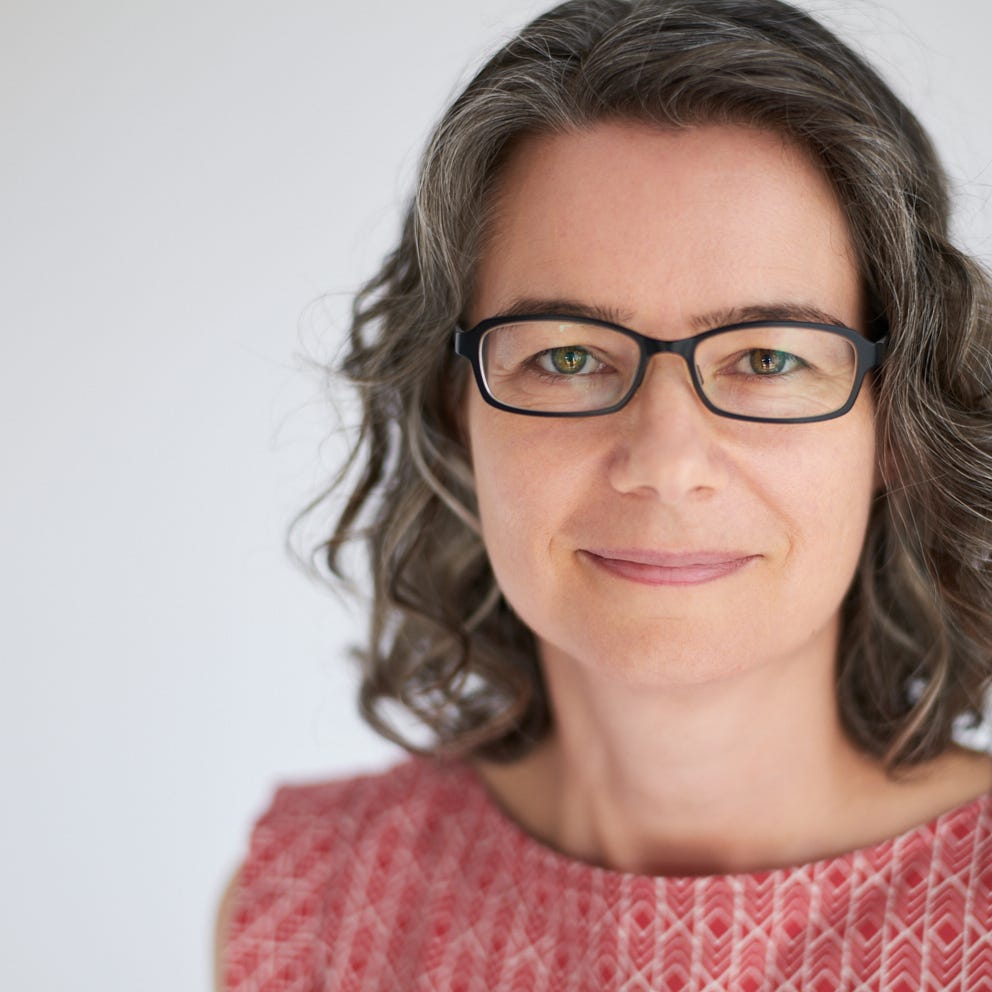Can’t parenting just be a little easier?
We love our kids. There's no question about that. But at the same time, parenting is just so hard.
Our kids don't listen to us. They stall. They resist.
Things seem out of control, and if we could regain just a little bit of control, things would be better. Easier.
And what about you?
You do so much for the kids that you get lost. Something doesn't seem right, but you can't quite put your finger on what:
All of your energy goes toward keeping the family afloat - financially, mentally, and emotionally
You snap at your kids more often than you'd like, because there's just not enough of you to go around
You've forgotten what it's like to be you - to have hobbies and interests outside of your family. Even thinking about having a hobby sounds like too much work!
You care so much about the challenges we're facing in the world, but all of your energy is taken up just getting through each day. how could any small thing you can do really make a difference?
It’s all connected
It might seem like the social challenges we're facing are completely disconnected from our daily experience of parenting... but in fact they are intimately connected.
Your interactions with your parents shaped who you are. Your interactions with your children shape how they will be in relationship with you - and with others in the world.
When we use power to get our children to comply, they then use power over others in the wider world.
Sharing power with our children doesn't mean we're in a free-for-all: instead it means we're in a relationship with them where their needs and our needs are met on a regular basis... and that makes parenting easier. (It might also change the world.)
I want to make the world a better place... for you and your child
I did well according to the traditional markers of success. I double-majored (Forestry and English) at the University of California, Berkeley. A job at a Big 5 consulting company followed a Master's in Environmental Management at Yale.
After my daughter was born I felt frustrated by the clickbait emails from the big baby-oriented websites. I wanted someone to tell me not just what this latest study says, but how that fits into the body of research on a topic. From there, what are my decision options?
I created the Your Parenting Mojo podcast to fill that gap. I typically review 30+ sources for an average episode. I've 'grown up' as a parent alongside my listeners and, later, the parents in my membership and course communities. While I still look to understand the academic research, I I also now factor in the culture that research sits within.
I see the harm that social forces like White supremacy, patriarchy, and capitalism wreaked on all of us. This is why parenting is so hard...although on some of us more than others. I also see that unless we make a conscious decision to do things differently, we will end up continuing the cycle - hurting our own children in the same way that we hurt now.
I believe that science is real one way of understanding the world
I used to think that scientific research would give me ‘the answers’ on the best way to parent. I’ve always been critical of things like:
Small sample sizes;
Study populations that don’t reflect the real world;
Results that are statistically significant but practically meaningless.
Having read 15,000+ books and papers on parenting and child development, I’ve realized that researchers are swimming in the same toxic cultural soup as the rest of us.
When researchers design interventions to improve children’s ‘success,’ they mean staying out of jail, being in paid employment, getting married and having children.
Using these crude markers of ‘success’ we’ve created a culture where many of us feel lonely, exhausted, and inadequate - which is seen as our personal failing, rather than a cultural failing.
Research has a much harder time telling us how to raise children who:
Don’t experience shame
Know that they are intrinsically lovable
Understand their own needs and how to advocate for them
See other people’s needs behind the judgments and criticisms they make
Identify strategies to meet multiple people’s needs
Here’s a short video about how I use scientific research, and why I don’t just present the results as ‘the answer’:
About the Your Parenting Mojo Substack
My primary medium is the Your Parenting Mojo podcast, where episodes run 45-60 mins. I produce two main types of episodes:
Interviews with the top scientists in their respective fields about their research on parenting and child development;
My analysis and insights on issues that cut across the research base.
I know we shouldn’t have favorites, but there are some episodes that I especially enjoyed making:
Authoritative isn’t the best parenting style
How to stop using power over your child (and still get things done)
What to do with the myth of Polyvagal Theory
Why we shouldn’t read the Your X-Year-Old Child books anymore
Here are some episodes that listeners have found especially actionable:
How to get on the same page as your parenting partner
How to create a culture of consent in our families
You don’t have to believe everything you think
Why ‘giving choices’ doesn’t work - and what to do instead
How to get your children to stop fighting
I also blog on Psychology Today, where editors constrain posts to around 1,000 words and won’t always let me discuss challenging social issues.
On the Your Parenting Mojo Substack, I aim for a sweet spot between the podcast and Psychology Today blog: articles you can grasp quickly and gain actionable ideas, without sacrificing nuance.



